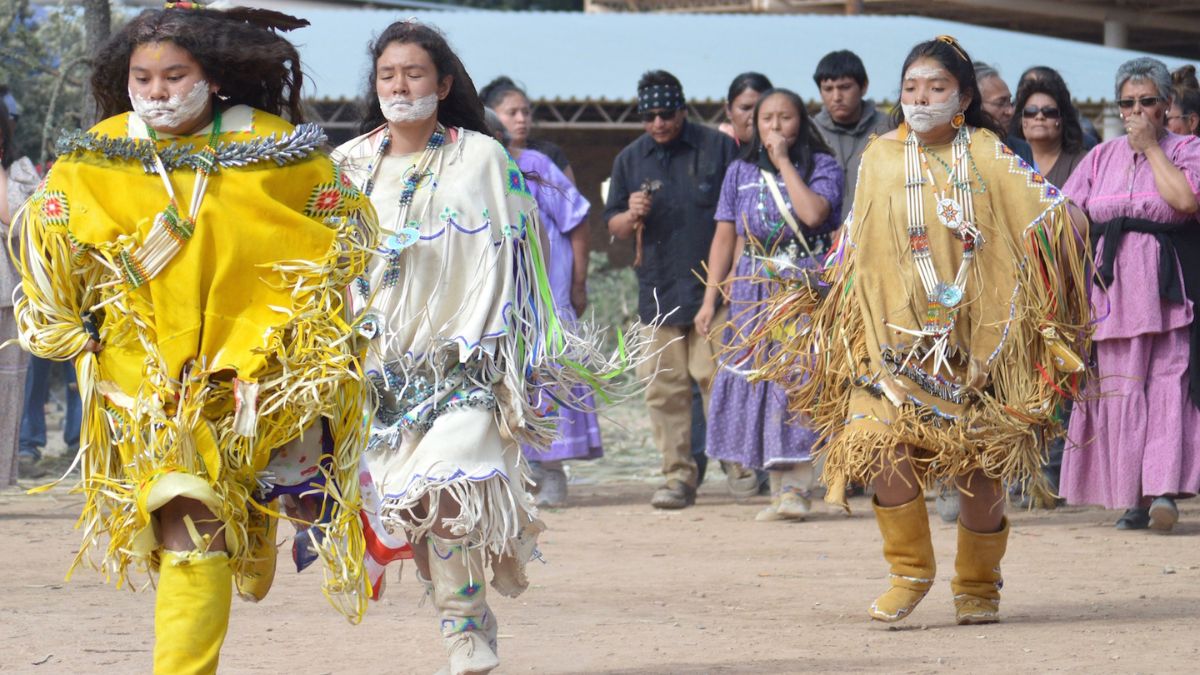 Image credits - Discover Ruidoso
Image credits - Discover Ruidoso
Advertisement
The Apache tribe’s fight to preserve their sacred land, Oak Flat, has reached the highest court in the United States. Apache Stronghold, a nonprofit advocacy group representing the tribe, is challenging a federal decision to transfer the site to Resolution Copper, a mining company. The dispute centers on whether the U.S. government’s actions violate the tribe’s religious freedoms under the Religious Freedom Restoration Act (RFRA) and the First Amendment.
Oak Flat, located east of Superior, Arizona, is revered by the Apache as a crucial spiritual site. According to the tribe, it serves as a direct connection to their Creator and a central location for sacred ceremonies, including the Sunrise Ceremony, which marks an Apache girl’s transition to womanhood. The site’s importance is underscored by its rich archaeological history and its role in maintaining the tribe’s religious practices.
In their petition to the Supreme Court, Apache Stronghold argues that the federal government’s decision to transfer Oak Flat to Resolution Copper, which plans to develop a massive mine beneath the site, directly infringes upon their religious rights. The petition claims that the Ninth Circuit Court of Appeals’ decision failed to adequately consider the substantial burden that the destruction of Oak Flat would impose on the tribe’s religious exercise.
In a divided en banc ruling, the Ninth Circuit had earlier determined that, although the demolition of Oak Flat would prohibit the Apache from carrying out their religious rites, it did not represent a “substantial burden” on their ability to practice their religion in accordance with RFRA. The court cited the precedent established by the ruling in Lyng v. Northwest Indian Cemetery Protective Association, which had earlier restricted the use of RFRA in comparable circumstances.
The legal dispute traces back to 2014 when Senators John McCain and Jeff Flake attached a land-transfer provision to the National Defense Authorization Act (NDAA). This provision authorized the transfer of Oak Flat to Resolution Copper, overriding previous protections against mining. The decision was made in exchange for other land, but the tribe argues that this does not compensate for the loss of their sacred site.
Secretary of Agriculture Thomas J. Vilsack’s environmental impact statement, released in January 2021, confirmed that the mining operation would obliterate Oak Flat, further galvanizing the tribe’s opposition. Becket, a nonprofit law firm specializing in religious liberties, is representing Apache Stronghold in this case. Their lawyers argue that the government’s actions represent a significant infringement on religious freedoms guaranteed by RFRA.
As the Supreme Court considers whether to take up the case, the outcome could have profound implications for the balance between religious freedom and federal land use. Luke Goodrich, Vice President of Becket, expressed the gravity of the situation: “Destroying Oak Flat would be an egregious violation of the nation’s commitment to religious freedom. The Court has a vital role in ensuring that the Apache tribe can continue their sacred practices unimpeded.”
The Supreme Court is expected to make a decision on whether to hear the case as early as October, marking a crucial moment in the ongoing struggle to protect one of the Apache tribe’s most cherished spiritual sites.
